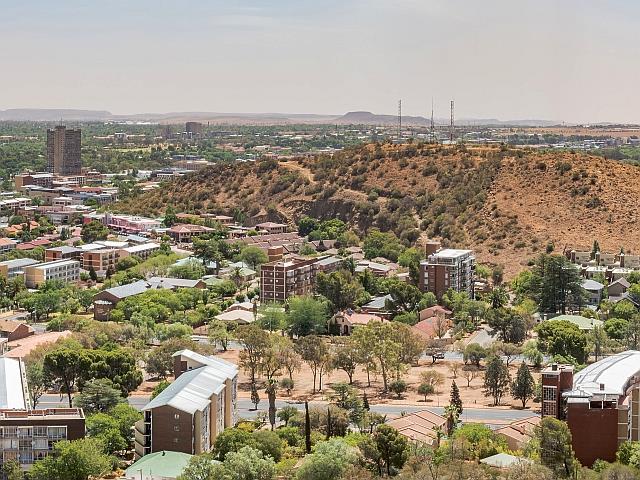Built in the 1990s, Protea Glen may be fairly new as a suburb, but that hasn’t stopped it becoming one of the fastest-growing areas in Johannesburg.

According to Nhlanganiso Sibanda, owner and operator of the Rawson Properties Protea Glen franchise, the area has more sales than almost any other suburb in the country.
The reason for this, he believes, is the neighbourhood’s convenient location, great amenities and remarkably affordable houses - a combination that has seen demand continuing to grow despite the market downturn.
Sibanda says bordered by Soweto on the northeast and Lenasia on the southeast, Protea Glen has direct and easy access to the N12 and the R558. This makes it a very convenient base for people who work in Johannesburg, as well as those commuting to Roodepoort. More than just a central spot, however, Protea Glen also boasts several popular shopping centres, a local clinic and private hospital, neighbourhood schools and crèches, and a number of churches.
“As for security - an important consideration for the modern buyer, Protea Glen’s crime statistics are remarkably low.”
He attributes this to the combined efforts of the local police force, based at the Protea Glen Police Station, and the vigilant private security companies contracted by residents.
“It really is the perfect suburb for buyers looking for a good alternative to municipal housing,” says Sibanda.
“It has everything you could need in a neighbourhood, but it is still affordable enough for regular people and first-time buyers. Properties in Protea Glen are mostly single residential houses, with a few flats and townhouses that are popular as rentals.”
He says a freestanding home can cost anywhere from R480 000 to R1.6 million, while townhouses go for R500 000 to R650 000 on average. Apartments are very rare on the market as they are mostly owned and rented out by companies, but you could expect to pay between R200 000 to R500 000 for a flat.
Sibanda does warn buyers that these prices may well be on the rise, as demand continues to outstrip supply by a fair margin.
“We’re seeing a lot more buyers than sellers at the moment, and the high demand is pushing prices upwards, although inflation has also been a factor. We have a lot of cash buyers looking for properties in the under-R550 000 bracket.”
While buyers are plentiful, Sibanda says they can create some interesting challenges that require a bit of patience and empathy to overcome.
“We do come across buyers who are very intimidated by the contracts and legalities of purchasing property, so we try to make the process as approachable as possible,” he says.
“This is even more important for the new development projects that are being pitched to the community. You need to take the financial literacy of the residents and the potential buyers in the area into account.”
That doesn’t mean new developments aren’t moving ahead, however.
“We’re expecting a new mall near Waterworks next year, and with so much land still available, I think things will only keep growing,” says Sibanda.








